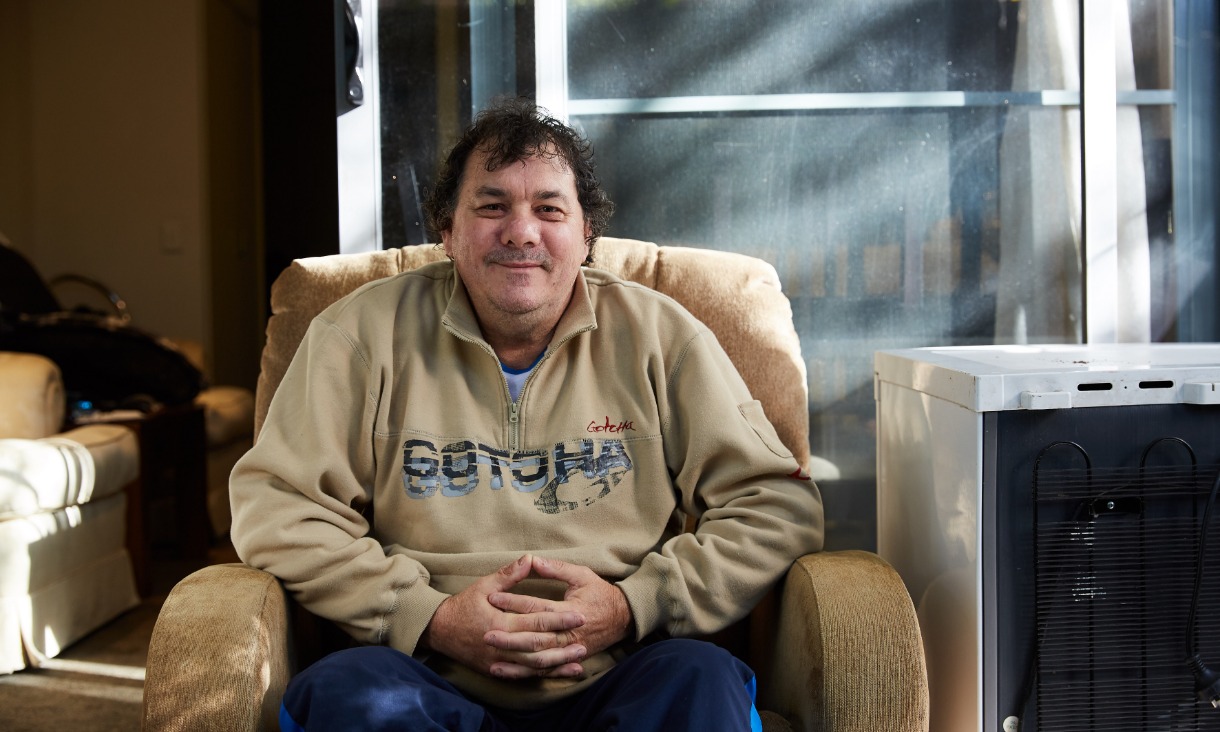The study, 'Preventing gender-based violence in mental health inpatient units' shows women have experienced sexual assault, harassment and related threats from other inpatients, visitors and even staff in some facilities.
Conducted by researchers from RMIT University and Charles Sturt University, the study also found many services lacked appropriate policies and procedures to support women who reported such violence during their stay.
Lead researcher from RMIT, Dr Juliet Watson, said while some examples of women receiving supportive responses were uncovered, incidents of harassment were frequently disbelieved or not taken seriously.
“Women told us about staff who dismiss their experiences as misperceptions and tell them to ignore it,” Watson said.
“But if a woman is perceiving some behaviour as violent, she should have the opportunity to decide what action is taken. Staff should then respond in a way that ensures she feels safe.”
Many of the female clients staying in these facilities have previously survived violent trauma.
The study found the experience of being restrained by staff, which is common during treatment, may also be a trigger for traumatic memories of past abuse.
Australia's National Research Organisation for Women's Safety (ANROWS) commissioned the study.
ANROWS CEO Dr Heather Nancarrow said there was an urgent need for trauma-informed care.
“This is a profound breach of trust by our health system,” Dr Nancarrow said.
“Mental health service providers need training and support. It’s crucial they understand the impact their actions might have on women with a history of sexual, domestic or family violence.”
“If women are to have access to safe, dignified and effective mental healthcare, we need to build a gender lens into hospital policies and procedures.”
She said the study was part of ANROWS’s growing body of evidence about how an understanding of gendered violence can be embedded in health policy and services.
This research includes the WITH and SUSTAIN studies, and 'Constructions of complex trauma and implications for women’s wellbeing and safety from violence'.
While mental health facilities have introduced processes to protect inpatients from violence, the models most commonly used across Australia do not employ a gender lens, and as a result leave women exposed to gendered violence, including domestic violence.
“We need mental health facilities to place the agency of women at the centre of their treatment,” Nancarrow said.
“This means consulting closely with each woman to build a plan of recovery that is sensitive to her history and respects her own judgement about what will keep her safe.”
“Feeling safe is a requirement for getting well.”
Story: Claire Slattery




